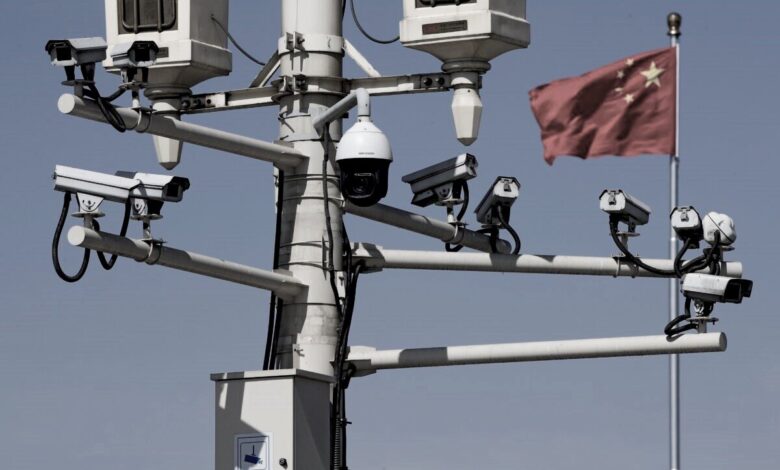When Dictatorships Are Questionable, They Call Their Citizens ‘Terrorists’

Ah, the “T” word – terrorism. We’ve certainly been obsessed with it lately, probably since the horrific events of 9/11.
Of course, the phenomenon of terrorism did not appear on the world stage two decades ago – most scholars date the beginning of this form of ideological violence to the mid-1800s – but it is receiving much more attention than ever. Ironically, the medium in which you are reading this piece, the media, is largely responsible for this growth in exposure.
Sadly, we can’t agree on what the word even means. Most of us would accept, I think, that this particular expression of violence differs from “garden variety” types in that it is motivated by ideas, whether political, religious, or otherwise. A common stabbing on a train, on the other hand, usually stems from a failed argument or as a result of a mentally disturbed person.
Criminal codes can help clarify the differences. In Canada, for example, for a charge of terrorism to be filed there must be a connection to religion, ideology or politics (section 83.01 of the Canadian Penal Code). Again, however, these terms are not defined (what exactly is an ‘ideology’?) and different jurisdictions have different definitions (about 200 and counting according to an academic). Nor is it often easy to establish the relationship between ideas and extreme action. This is not helpful.
To make matters worse, some governments choose to play the terrorism card to label just about anything—or anyone—as unwanted. In Rwanda, Paul Rusesabagina, who was portrayed in a film as a life-saving hero during the Rwandan genocide, was sentenced to 25 years by a court in 2021 for terrorism. On July 11, 2023, an Australian-Vietnamese national returned home to Sydney after being released from prison in Vietnam, serving 12 years on terrorism charges for being a member of a banned pro-democracy group.
In other words, in some parts of the world, authorities are using the terrorism hammer to label those they see as opponents, or those who advocate for changes not in favor of the current government. Perhaps these officials believe the horror of seeing planes crash into office towers in 2001 still resonates with most, and as a result they can get away with playing the terrorism card (after all, who wants to be seen as supporting terrorism? ).
To the list of governments guilty of this tactic, we must add the People’s Republic of China (PRC) – a surprise! In December last year, Kamile Wayit, a 19-year-old early childhood education student at Shangqiu Institute of Technology in Henan province, was detained by officials in Xinjiang for sharing a video on social media about the “white paper” protests that were sparked by a month earlier by China (events where ordinary citizens held up blank sheets of paper to complain about COVID-19 restrictions and the lack of freedom of expression). She was later sentenced to three years in prison for “inciting extremism” (terrorism).
What does sharing a video have to do with ‘terrorism’?
It is no state secret that there is no real room for dissent or opposition to government positions or actions in China. Under the rule of the communist regime, the country is not a democracy where such activities are not only permitted but encouraged (as long as they do not propagate or use violence). Thus, the state can easily determine who is a terrorist and who is not. Interestingly, US President George Bush proclaimed barely a week after 9/11 that “you are with us or with the terrorists”. (He got away with it considering the magnitude of the loss of life for Al Qaeda terrorists).
This exaggerated use of terrorism laws to suppress any form of dissent is, of course, unacceptable (but China doesn’t give a damn what the rest of the world thinks). Ironically, there has been actual terrorism in Xinjiang in the past, carried out by Islamist extremists – a subject I discuss at length in my 2017 book.”The little jihads“—but China has chosen to paint just about anyone who walks off the leash in that part of the nation as a terrorist.
Given the imprecise nature of what constitutes terrorism, perhaps we’d be better off without it in our courts. After all, few countries had terrorism-specific legislation before 9/11 (Canada didn’t, for example), and there are other ways to prosecute this form of killing and maiming. Still, that day is probably very far away, as countries see an advantage in giving the ‘T’ word to whomever they want.
Just ask the Chinese regime.
The views expressed in this article are the views of the author and do not necessarily reflect the views of The Epoch Times.



